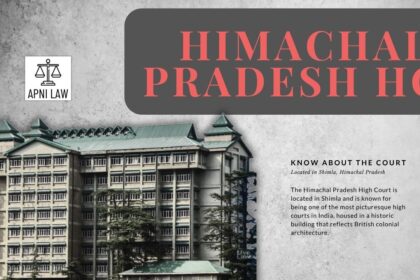Code:
(1) Where the Magistrate directs a local investigation by any person under section 139, the Magistrate may–
(a) furnish such person with such written instructions as may seem necessary for his guidance;
(b) declare by whom the whole or any part of the necessary expenses of the local investigation shall be paid.
(2) The report of such person may be read as evidence in the case.
(3) Where the Magistrate summons and examines an expert under section 139, the Magistrate may direct by whom the costs of such summoning and examination shall be paid.
Explanation:
This section empowers a Magistrate to issue written instructions to any
police officer or public servant, within his/her local jurisdiction, to
prevent the commission of any cognizable offense, or to maintain public
tranquility.
Key features of Section 140:
- Applies to any police officer or public servant within the Magistrate’s
jurisdiction. - The purpose is to prevent the commission of cognizable offenses or to
maintain public tranquility. - The instructions must be in writing.
Illustration:
Imagine a situation where there is a high risk of communal violence in a
certain area. A Magistrate, anticipating such an event, can issue written
instructions to the local police to increase patrolling in the area, restrict
public gatherings, and maintain law and order.
Common Questions and Answers:
Q: Can the Magistrate issue oral instructions?
A: No, Section 140 specifically states that the instructions must
be in writing. Oral instructions are not valid under this section.
Q: What happens if a police officer disobeys the Magistrate’s
instructions?
instructions?
A: Disobeying the Magistrate’s instructions under this section can
result in disciplinary action against the police officer.
Q: Is the Magistrate’s decision to issue instructions subject to
judicial review?
judicial review?
A: Yes, the Magistrate’s decision to issue instructions is subject
to judicial review. The Courts can examine the validity of the instructions
and the Magistrate’s justification for issuing them.








